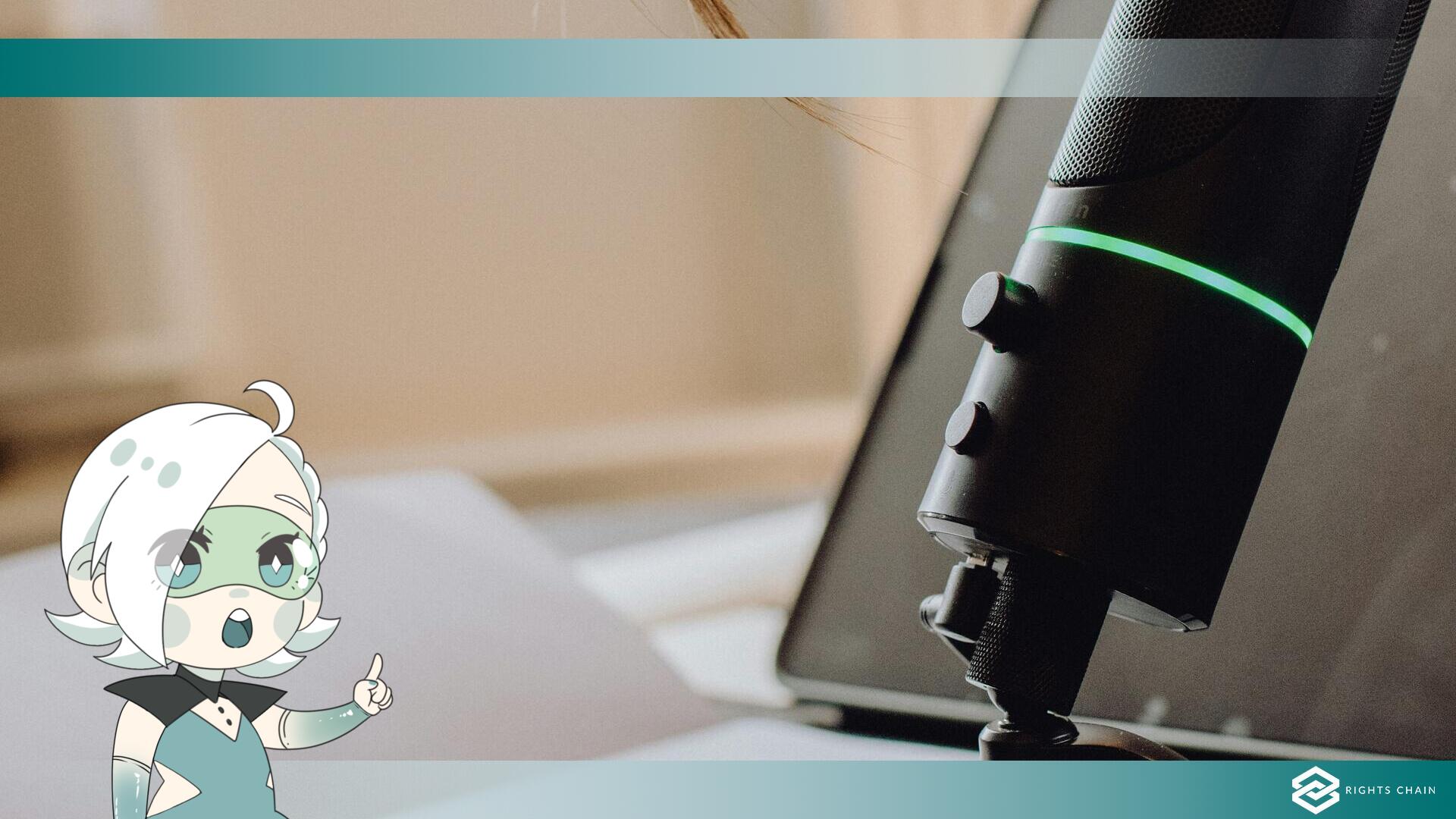OpenAI Warns Users Could Become Emotionally Hooked on Its Voice Mode.
Renowned artificial intelligence systems, such as ChatGPT, Gemini and Character.AI, have established themselves as an integral part of many users' lives - some even seem to have developed emotional relationships with these technological aids. ChatGPT, besides being a sort of ‘fan-favourite’ for fans of the field, may soon become even more even more ambiguously appreciated.
Towards the end of July 2024, OpenAI in fact released a new feature for its famous model: a voice interface frighteningly similar to the human voice. During the launch of this update the company recognised that such an anthropomorphic feature could lead some users to form a strongly emotional bond with the chatbot itself.
The warning was communicated and published within a ‘system card’, a document specifically dedicated to illustrating the risks associated with the model recognised by the company itself: they include the possibility of the chatbot amplifying societal prejudices and spreading misinformation.
